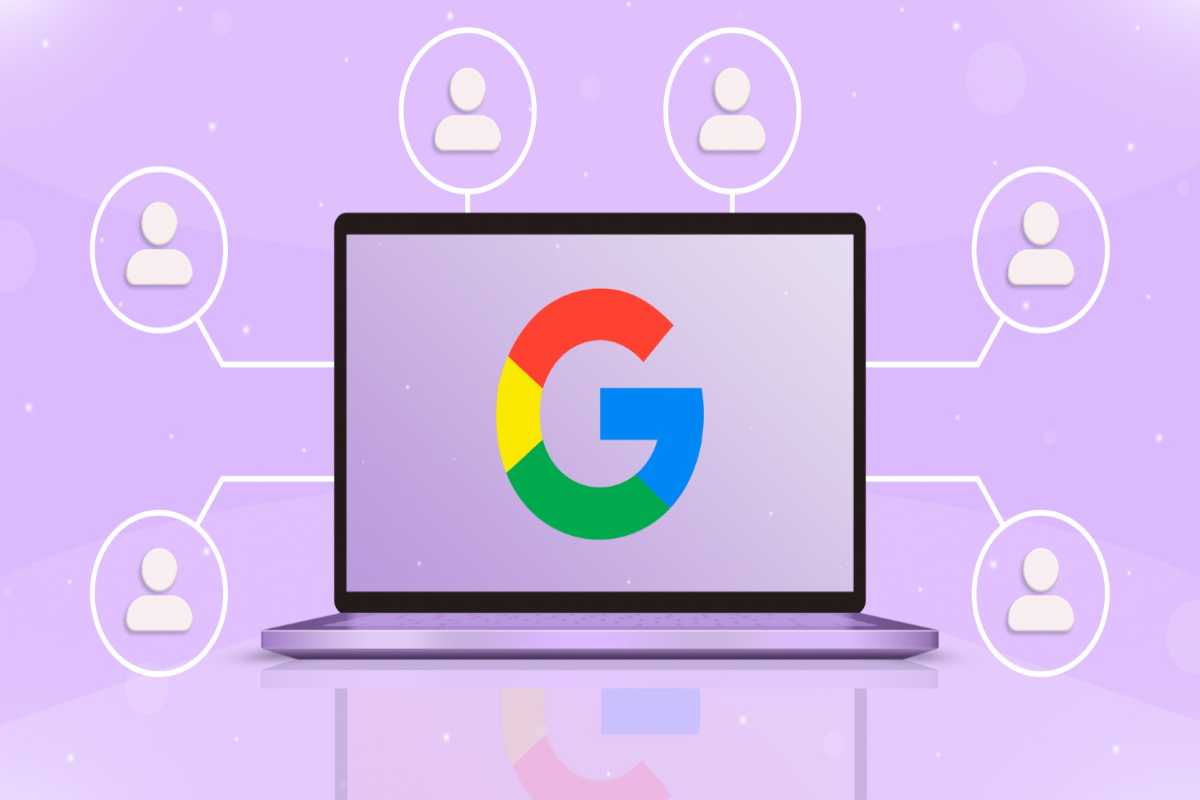Understand Your Audience Deeply
A key driver of successful digital marketing is understanding your audience’s behavior, preferences, and challenges. You need to know who they are, what problems they want solved, and where they spend time online. Building audience personas enables you to shape targeted messages that increase engagement. Effective digital marketing doesn’t cast a wide net—it speaks directly to your ideal customer.
Create Consistent and Valuable Content
Content is the engine of every successful digital marketing campaign. But not just any content—valuable, relevant, and consistent output that helps your audience. Blog posts, videos, infographics, and email newsletters all play a role. When you align content with your buyer journey, you not only attract but also retain loyal followers. Consistency builds trust in your digital marketing messaging.
Use Data to Drive Every Decision
Digital platforms offer massive amounts of data. Successful digital marketing leverages these insights to refine strategy. Analytics tools help you understand what’s working, what needs tweaking, and what to drop. Track metrics like bounce rate, conversion rate, and click-through rate to optimize performance. Every part of digital marketing should be influenced by real-time data.
Prioritize Mobile Optimization Always
Most users now access content through mobile devices, making mobile-first design a cornerstone of effective digital marketing. Your website, emails, and ads must display properly on phones and tablets. A poor mobile experience can damage trust and lead to lost conversions. By ensuring that all digital marketing touchpoints are mobile-optimized, you improve user satisfaction and increase results.
Implement Strong SEO Practices
Search Engine Optimization (SEO) is the silent driver of organic traffic in digital marketing. From keyword strategy to on-page elements like meta tags and image alt text, SEO ensures your content is discoverable. Backlink strategies and technical SEO also play a role. Consistently applying SEO best practices ensures that your digital marketing efforts deliver long-term results.
Invest in Paid Advertising Wisely
While organic growth is essential, paid ads can amplify your digital marketing reach. Platforms like Google Ads, Facebook, and LinkedIn offer precision targeting to reach your ideal customers. A well-optimized paid strategy complements your organic efforts and accelerates brand exposure. However, successful digital marketing ensures you spend wisely by testing, tracking, and adjusting campaigns continuously.
Test, Learn, and Evolve Constantly
The best marketers are those who treat every campaign as a learning opportunity. A/B testing subject lines, calls to action, landing pages, and visuals allows you to fine-tune your digital marketing strategy. Market conditions change fast, and what worked last month might not work today. The secret lies in a feedback loop that informs all future digital marketing decisions.
Conclusion
Success in digital marketing doesn’t come from luck—it stems from strategic planning, continuous learning, and audience-focused execution. By understanding your audience, delivering consistent value, leveraging data, and evolving with change, you position your brand for sustainable growth. Combining both organic and paid channels within a data-driven framework ensures your digital marketing efforts yield maximum return.
Frequently Asked Questions
- What is the most important digital marketing skill?
- Knowing how to analyze data and make strategic decisions.
- How often should I post on social media?
- Consistency is key—aim for 3–5 times per week per platform.
- Is content marketing still effective?
- Yes, valuable content builds trust and attracts loyal customers.
- How do I get more website traffic?
- Use SEO, social media, content marketing, and paid ads together.
- What’s better: SEO or paid ads?
- SEO is better for long-term growth; ads offer short-term results.
- Do I need to be on every social platform?
- No, focus on the platforms where your audience spends time.
- How can I measure marketing success?
- Track KPIs like traffic, conversions, and engagement rates.
- Should I hire a digital marketing agency?
- If you’re short on time or expertise, yes—it’s a smart investment.
- How much should I spend on marketing?
- Many businesses allocate 5–10% of revenue to marketing efforts.
- Is email marketing still relevant?
- Absolutely—email provides high ROI and personalized engagement.







